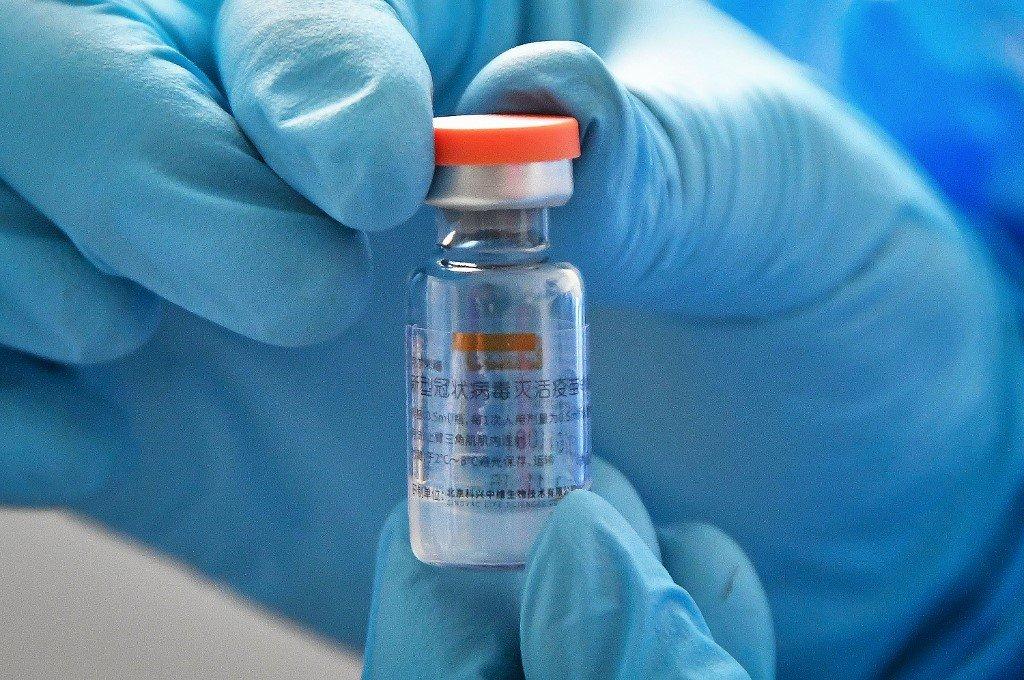China’s Sinovac Covid-19 jab underperforms in Brazil trials
Sinovac has already exported approximately 120 million doses to 19 different countries,
Just In
The latest results for China’s CoronaVac vaccine, developed by Sinovac Biotech, a Beijing-based pharmaceutical company, are disappointing.
Phase Three trials, conducted on healthcare workers in Brazil, yielded an efficacy rate of just 50.7%, barely above the 50% threshold set by the World Health Organization for Covid-19 vaccines.
The results of a real-world trial released a week earlier were even worse.
The vaccine was estimated to be just 49.6% effective against symptomatic Covid-19 cases. When asymptomatic infections were included, this figure dropped to an unimpressive 35.1%.
The Chinese authorities’ reaction did little to boost confidence.
After news broke of the discouraging results, Gao Fu, head of the Chinese Centre for Disease Control and Prevention, admitted at a conference on April 10 that current vaccines “don’t have very high rates of protection”.
He suggested that vaccines could be mixed to improve efficacy but later backtracked, claiming that it was “a complete misunderstanding”.
Sinovac can take some comfort from the fact that predicting the effectiveness of vaccines is fiendishly hard.
In an ideal world, vaccines would be tested and compared in a head-to-head trial in which several vaccines are administered in the same setting using the same trial procedures.
In the real world, however, vaccines are tested as quickly as possible, which means that trial results are not strictly comparable.
Trials of the same vaccine conducted in various places, under different conditions, often have different results.
In the case of Covid-19 vaccines, results can differ depending on the strains of the virus that are most prevalent, the populations tested, and sometimes even the way the results are measured, for example, whether all infections are counted, or only symptomatic ones.
These Sinovac trials were conducted in Brazil, which harbours a variant of the virus thought to be particularly aggressive. This should prompt caution in assessing the outcome.
Indeed, preliminary results from the firm’s Phase Three trials in Turkey suggest an efficacy rate of 83.5%.
Similar Phase Three trials are under way in Chile, Indonesia, and the Philippines.
Effective or not, Sinovac has already exported approximately 120 million doses to 19 different countries, according to Airfinity, a London-based science analytics company. The largest shipments have gone to Brazil, Indonesia, and Turkey.
China itself has vaccinated nearly 180 million people.
Despite the apparently poor results in preventing infections, the Sinovac vaccine appears to offer remarkably good protection against severe disease and death.
In Brazil’s Phase Three trials, nearly 4% of the unvaccinated participants who were infected got severely ill. Among those vaccinated, none did.
Subscribe to our newsletter
To be updated with all the latest news and analyses daily.
